detail profile andrzej wajda
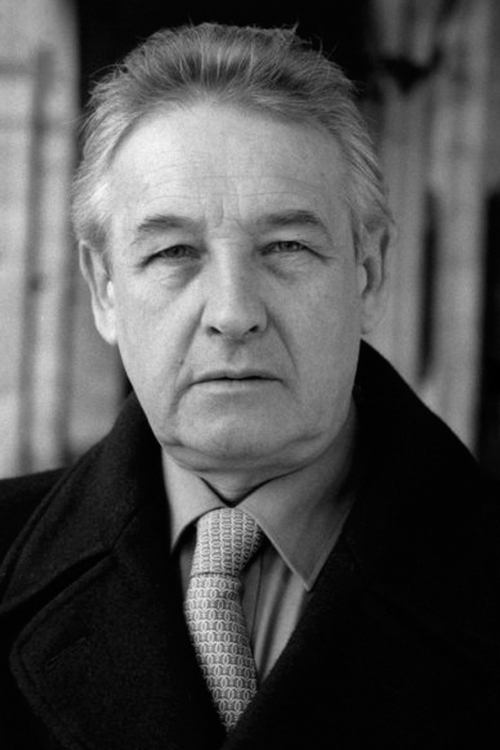
Andrzej Wajda
Анджей Вайда
atau dikenal sebagai
Riwayat Hidup
Andrzej Wajda (born 6 March 1926) was a Polish film director.
Recipient of an honorary Oscar, he was possibly the most prominent member of the unofficial "Polish Film School" (active circa 1955 to 1963).
He was known especially for a trilogy of war films: A Generation (1954), Kanał (1956) and Ashes and Diamonds (1958).
Four of his movies were nominated for the Academy Award for Best Foreign Language Film: The Promised Land (1975), The Maids of Wilko (1979), Man of Iron (1981), and Katyń (2007).
He passed away in 2016 at the age of 90.
Description above from the Wikipedia article Andrzej Wajda, licensed under CC-BY-SA, full list of contributors on Wikipedia.
Info Pribadi
Peran Yang Di Mainkan Andrzej Wajda
 It is winter in Gdynia Poland...
It is winter in Gdynia Poland...When Fucking Spring Is in the Air 2024
It is winter in Gdynia, Poland. This is Kasia's town, a rebellious teenager: headstrong, fearless, and streetwise. When Kasia was 3 years old, her parents left Poland, hoping for a better life in Germany. They never returned and Kasia grew up with her grandmother. When her grandmother passes away, Kasia is heartstruck. To top it all off, she also seems to be pregnant.
 In 1945 as Stalin sets his hands...
In 1945 as Stalin sets his hands...Afterimage 2016
In 1945, as Stalin sets his hands over Poland, famous painter Wladislaw Strzeminski refuses to compromise on his art with the doctrines of social realism. Persecuted, expelled from his chair at the University, he's eventually erased from the museums' walls. With the help of some of his students, he starts fighting against the Party and becomes the symbol of an artistic resistance against intellectual tyranny.
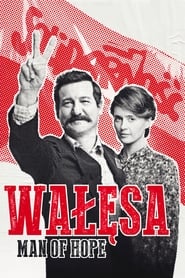 How was it possible that a...
How was it possible that a...Walesa: Man of Hope 2013
How was it possible that a single man influenced contemporary world so significantly? This film is an attempt to capture the phenomenon of a common man’s metamorphosis into a charismatic leader — an attempt to see how a Gdansk shipyard electrician fighting for workers’ rights awakened a hidden desire for freedom in millions of people.
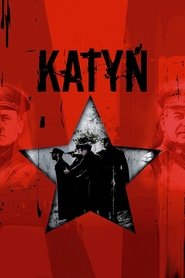 On September 1st 1939 Nazi Germany invades...
On September 1st 1939 Nazi Germany invades...Katyn 2007
On September 1st, 1939, Nazi Germany invades Poland, unleashing World War II. On September 17th, the Soviet Red Army crosses the border. The Polish army, unable to fight on two fronts, is defeated. Thousands of Polish men, both military and government officials, are captured by the invaders. Their fate will only be known several years later.
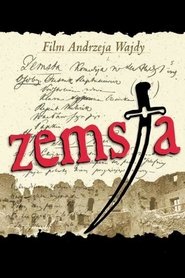 A winter day at a Polish...
A winter day at a Polish...The Revenge 2002
A winter day at a Polish castle, half owned by a fatalistic notary and half by a volcanic old soldier's niece. The old soldier, Cupbearer, and the notary are sworn enemies, which may doom the love between the niece, Klara, and the notary's son, Waclaw. On this day, the tongue-tied Cupbearer asks a braggart courtier, Papkin, to sue on his behalf for the hand of the widow Hanna. Papkin succeeds and
 A grand and patriotic tale of...
A grand and patriotic tale of...Pan Tadeusz 1999
A grand and patriotic tale of Poland's struggle for freedom just before Napoleon's war with Russia. Written in poetic style by Adam Mickiewicz, this story follows two feuding Polish families as they overcome their old conflicts and petty lives. However, they are able to unite as one with their patriotic and rebellious efforts to free the country they deeply love from Russian control.
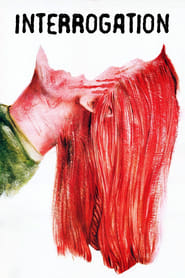 In Stalinist Poland cabaret singer Tonia...
In Stalinist Poland cabaret singer Tonia...Interrogation 1989
In Stalinist Poland, cabaret singer Tonia decides to spend the evening drinking with a group of friends. The next morning, she awakes to find that, for reasons unknown to her, she has been jailed as a political prisoner. As prison officials interrogate, torture and humiliate her, she fights for survival and to maintain her innocence by refusing to sign a false confession. As her years of imprisonment pass, her relationship with her captors grows more complicated.
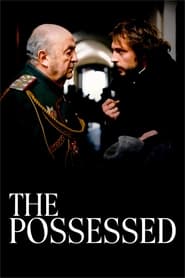 Russia 1870 A group of young anarchist...
Russia 1870 A group of young anarchist...The Possessed 1988
Russia, 1870. A group of young anarchist revolutionaries set out to overthrow the Czarist regime through violence. Their attacks create a climate of psychosis and mutual distrust among the population, but in reality, both revolutionaries and repressors are being manipulated by a diabolical individual.
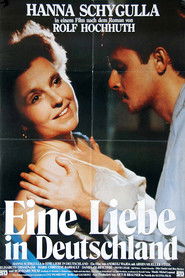 In May of 1983 a man turns 49...
In May of 1983 a man turns 49...A Love in Germany 1983
In May of 1983, a man turns 49 and, with his 17-year old son, journeys to the village in Baden that he left 40 years before. He wants to discover what happened then, the truth about an affair his mother had with a young Polish prisoner of war, how the authorities came to learn of it, the lovers' arrest, and the aftermath. While his son takes Polaroid photographs, he retraces the steps of his childhood and interviews those who should remember. The story is disclosed in flashbacks that focus on the lovers (Paulina and Stanislaus), on a jealous and conniving neighbor, and on Mayer, the local SS commander who wants to find a way out of inevitable consequences.
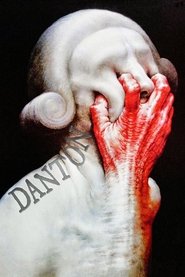 Danton and Robespierre were close friends...
Danton and Robespierre were close friends...Danton 1983
Danton and Robespierre were close friends and fought together in the French Revolution, but by 1793 Robespierre was France's ruler, determined to wipe out opposition with a series of mass executions that became known as the Reign of Terror. Danton, well known as a spokesman of the people, had been living in relative solitude in the French countryside, but he returned to Paris to challenge Robespierre's violent rule and call for the people to demand their rights. Robespierre, however, could not accept such a challenge, even from a friend and colleague, and he blocked out a plan for the capture and execution of Danton and his allies.
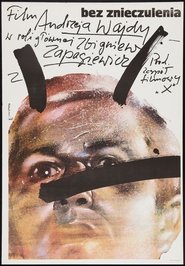 A famous Polish journalist presents a...
A famous Polish journalist presents a...Without Anesthesia 1978
A famous Polish journalist presents a problem for the powers-that-be when he displays his full political skill and knowledge on a television show featuring questions and answers on a world conference by a panel of journalists. His enemies take away his privileges when he is away. The shock of being "unwanted" parallels a deeper disappointment in his private life: his wife has an affair with a jealous young rival, and after 15 years of marriage and two daughters wants a divorce. She offers no explanations as he tries to untie these problems himself. All the moves he makes are the wrong ones. He takes on drinking heavily with students eager to attend his seminar after discovering the class has been canceled. The journalist, once suave and commanding, is reduced to silence.
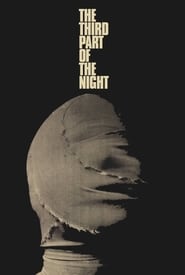 Set during the Nazi occupation of...
Set during the Nazi occupation of...The Third Part of the Night 1972
Set during the Nazi occupation of Poland, in which Michał witnesses the murder of his mother, wife and child. He is hurled into a life that literally is not his own; a surreal world littered with trapdoors, doppelgängers and wormholes. It also tells the true untold story of a vaccine laboratory where Jews and members of the resistance were employed as feeders for parasites infected with typhus.
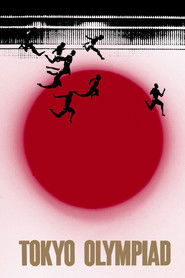 This impressionistic portrait of the 1964 Tokyo...
This impressionistic portrait of the 1964 Tokyo...Tokyo Olympiad 1965
This impressionistic portrait of the 1964 Tokyo Summer Olympics pays as much attention to the crowds and workers as it does to the actual competitive events. Highlights include an epic pole-vaulting match between West Germany and America, and the final marathon race through Tokyo's streets. Two athletes are highlighted: Ethiopian marathon runner Abebe Bikila, who receives his second gold medal, and runner Ahamed Isa from Chad, representing a country younger than he is.
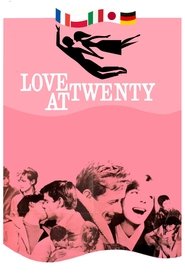 Love at Twenty unites five directors...
Love at Twenty unites five directors...Love at Twenty 1962
Love at Twenty unites five directors from five different countries to present their different perspectives on what love really is at the age of 20. The episodes are united with the score of Georges Delerue and still photos of Henri Cartier-Bresson.
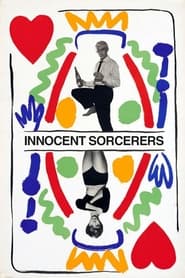 A young doctor is tired of...
A young doctor is tired of...Innocent Sorcerers 1960
A young doctor is tired of being sought by women. One night he meets a young girl who all but forces herself into his room where they talk of morals and love. But he loses her when he goes out to see some friends and then rushes madly around the city after her.
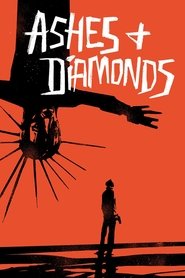 A young academy soldier Maciek Chelmicki...
A young academy soldier Maciek Chelmicki...Ashes and Diamonds 1958
A young academy soldier, Maciek Chelmicki, is ordered to shoot the secretary of the KW PPR. A coincidence causes him to kill someone else. Meeting face to face with his victim, he gets a shock. He faces the necessity of repeating the assassination. He meets Krystyna, a girl working as a barmaid in the restaurant of the "Monopol" hotel. His affection for her makes him even more aware of the senselessness of killing at the end of the war. Loyalty to the oath he took, and thus the obligation to obey the order, tips the scales.
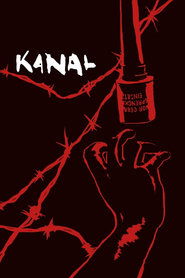 During the last few days of...
During the last few days of...Kanal 1957
During the last few days of the Warsaw Uprising following World War II, a modest group of Resistance members remains. The band must take refuge in the sewers under the orders of leader Zadra, but it's only a matter of time before they will have to emerge. However, when they try, they are met only with intense hostility from the Nazis. Despite their attempts stay resolute through immense mental strain, it becomes increasingly apparent that they may be doomed.
 The true story of how businessman...
The true story of how businessman... The story of Polish pedagogue Janusz...
The story of Polish pedagogue Janusz...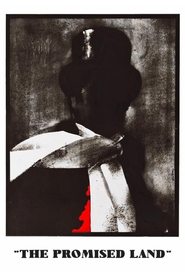 In nineteenthcentury d Poland three friends...
In nineteenthcentury d Poland three friends...